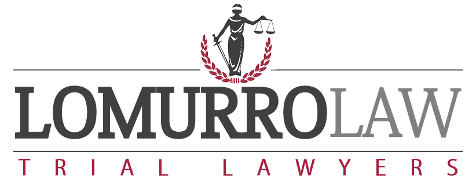When you have suffered injuries as a result of a car accident, the last thing you want to concern yourself with is whether or not you will receive any compensation for your medical bills and other losses that are a result of the accident. The compensation you may recover depends upon state laws so let’s take a look at how injury claims are handled in the Garden State.
New Jersey’s “no-fault” car insurance system
The state of New Jersey is one of few states that follows “no-fault” car insurance laws, under which any injury claims that are a result of a car accident must first be filed against the injured person’s own insurance policy. The advantage of this “no-fault” system is that out-of-pocket medical expenses and other losses stemming from the car accident are reimbursed quickly. The drawback of the “no-fault” policy is that it limits the right of the injured party to sue for pain and suffering, unless the injuries that are sustained meet the “serious injury” threshold. If the injury claim satisfies certain prerequisites, then the injured party can file a personal injury claim directly against the driver who caused the accident.
Comparative negligence in New Jersey
When a car accident occurs and one driver is clearly entirely at fault, that driver’s insurance company usually compensates the injured party for medical expenses, lost wages, and other losses stemming from the accident. In cases where both drivers share responsibility for the accident, New Jersey follows a “modified comparative fault” rule, which reduces the damages by a percentage amount that is equal to his or her level of responsibility for the accident. For example, if the medical expenses, lost income, damage to the vehicle, and other losses total $20,000 but the jury determines that you are 40 percent responsible for the accident, then under the comparative fault rule you are entitled to receive 60 percent of the total — $12,000. If, however, you are found more than 50 percent responsible for the accident, then – according to the state’s “modified” comparative fault rule — you will not receive any compensation for your injuries. In New Jersey, you may only recover damages from the at-fault party if you are less than 50 percent at fault for the accident.
Statute of limitations
In New Jersey, the injured party has two years from the injury date to file a personal injury claim, according to the state’s statute of limitations. Failure to file a personal injury claim before this deadline means the courts will not hear your case and you will be unable to recover any compensation for your injuries.
Thinking of filing a personal injury claim? Let us help
If you have sustained injuries as a result of a car accident and are considering whether you should file a personal injury claim against the other driver, let us help. At Lomurro Law, our New Jersey personal injury attorneys are experienced and knowledgeable, providing exceptional legal counsel based on your specific situation. To discuss your car accident and the options available to you to recover compensation for your injuries, contact a member of our team at 732-482-9285 or online to arrange for a confidential consultation.
